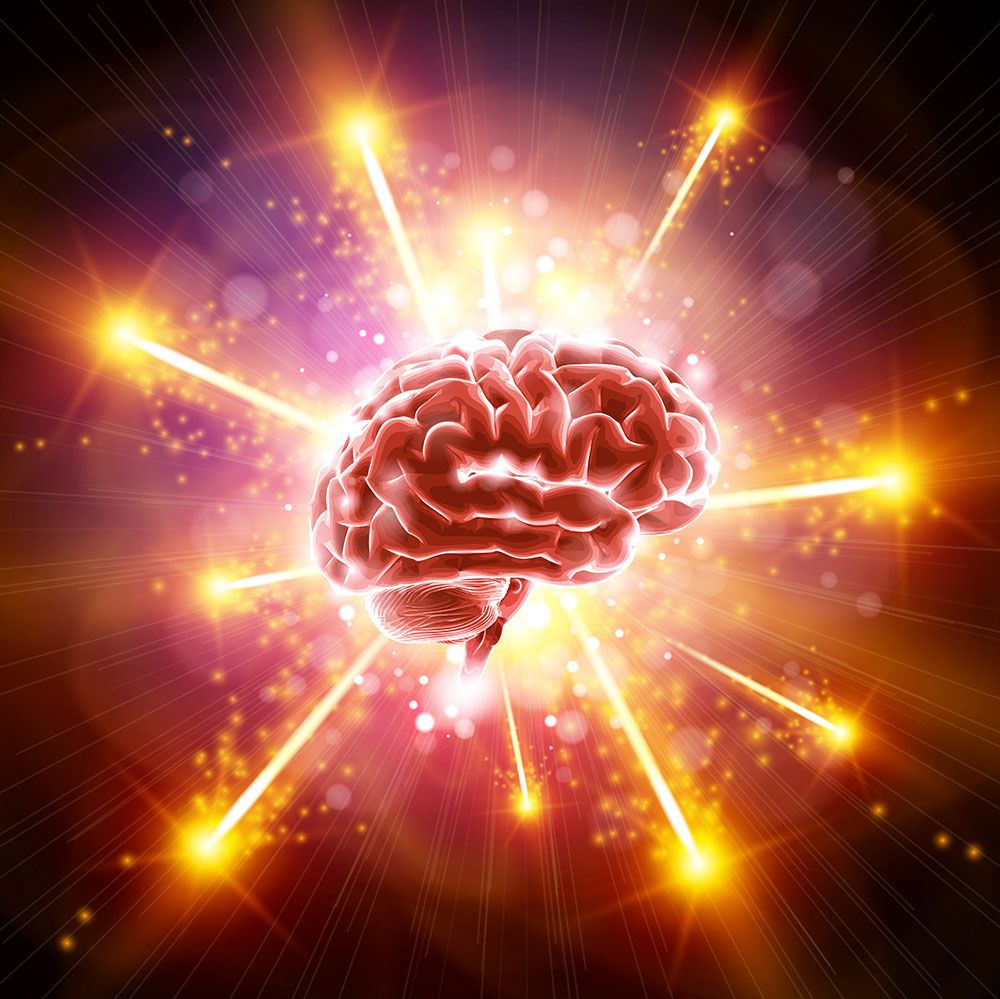
Depression
Latest News
CME Content


Blue light is associated with a host of physical health maladies, including obesity, diabetes, and cancer. But what does it do to patients with depression or bipolar disorder?
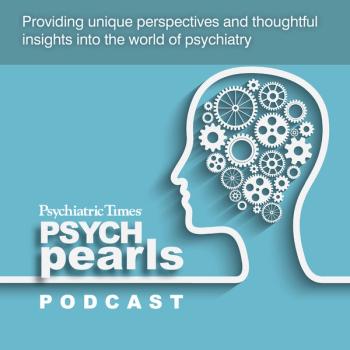
A deep dive into the history, side effects, and efficacy of a controversial drug.

A rare robust finding from a study on bipolar depression.

If approved, SLS-002 would be only the second approved product for ASIB.

Apathy occurs throughout the spectrum of neurocognitive disorders, but it is easy to mistake for other conditions, like depression. How can clinicians identify apathy, and treat it?
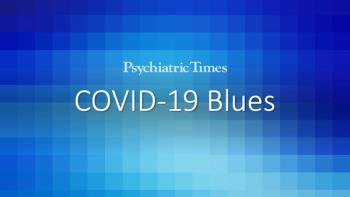
Research confirms COVID-19’s negative impact on Americans’ mental health.

Travelling the middle road between skepticism and scientism in psychiatric research and treatment.

Although depression is more prevalent among women, it may be more challenging to diagnose in men. This National Men’s Health Month, learn to recognize male depression’s symptoms and catch its comorbidities.

Is depression the same today as it was in the 17th century? Is it the same thing in Nigeria as it is in the United States? One of the foremost historians of psychiatry weighs in.

A growing body of scientific evidence suggests that mind-altering drugs, combined with psychotherapy, are effective treatments for some of the most stubborn psychiatric disorders.

Health outcomes are often determined by factors outside of the hospital and clinic. How can psychiatrists address mental health challenges before they become emergencies?

Medical aid in dying is available for psychiatric patients in European countries and Canada. Will the United States be next?

Being unable to experience pleasure and having difficulty imagining future enjoyment are different problems—and may require different treatments.

A Psychiatric Times point/counterpoint feature on electroconvulsive therapy elicited strong responses.
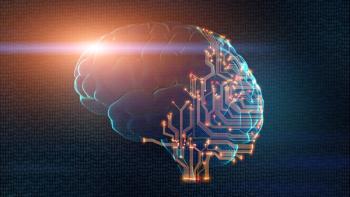
Research data shows that ECT is often more effective than alternative treatments, and safe too.
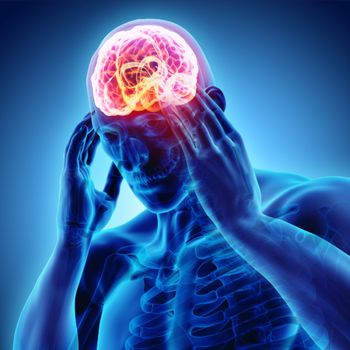
ECT has been in use for decades, but does that mean it is safe or effective?

Will a new Canadian law overturn long-held ethical norms in psychiatry?
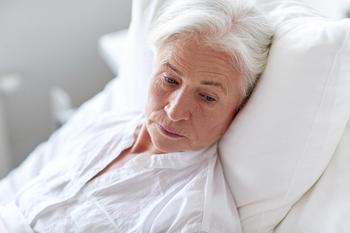
Sleep problems are understudied, underdiagnosed, and undertreated.

There are beautiful things that you can only see in the dark.

Caregivers may want to shield their loved one with a mental illness. How can they impart advice while also allowing their loved one their independence?

In this conversation, a former APA president discusses mystical and meditative experiences, reconciling psychoanalysis and neuroscience, and tensions surrounding the medical model.
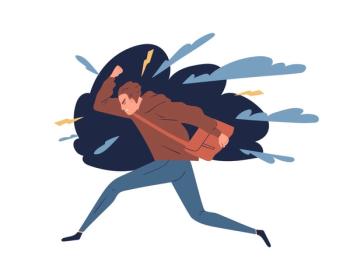
Helping a patient and their family with anger about a mood disorder can be difficult...

Against the backdrop of European fascism, an Italian physician pioneered a new treatment.

A preview of 3 pivotal trials suggests promising results, but there are reasons to wait before jumping in with this antipsychotic.


